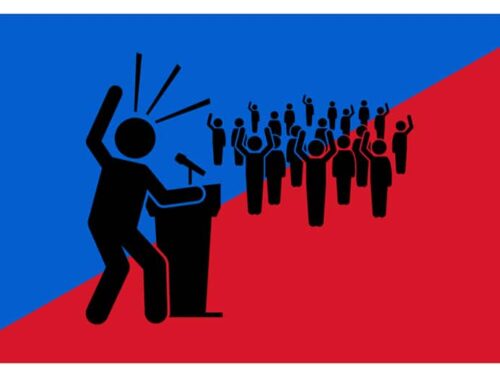
Shortly after the death of George Floyd in May of 2020, corporate statements and earnings call mentions of support for Diversity, Equity, and Inclusion (DEI) jumped through the roof.
At that time and for at least two years afterward, it seemed that everyone was talking about the importance of DEI, ESG (Environmental, Social and Governance) and Sustainability. Corporate leaders had finally found their voice on issues that matter to many, if not most, employees and customers: fairness, decency, accountability, and commitment to positive social and environmental change. Fortune Magazine called it a “tidal wave of pledges,” of support, and hiring of Chief DE&I and Sustainability Officers surged. Even though many DEI experts considered much of it to be performative talk, it was a remarkable public-facing shift by the corporate world, notorious for not taking a stand on anything considered even remotely political.
However, lately it appears that America’s business leaders have started pulling their heads back into their shells on these issues. Recent reporting by the Wall Street Journal, Bloomberg and other business media outlets indicates that corporate mentions of DE&I, ESG and Sustainability are way, way down since the Supreme Court decided in late June to end race-based admissions at universities. Other factors that may have played a role in this startling about-face are the ongoing “culture wars,” and attacks by right-wing legal and board activists, politicians, and extremists on major brands like Bud Lite and Target for what they call the “woke” policies of the left. It appears that because a few high-profile companies are seeing their bottom lines impacted by these attacks, the whole herd is running scared.
Sadly, by not talking about DEI now, when the going has gotten tough, our titans of industry have proven that the doubtful experts were right about performative talk. Whether they know it or not, corporate leaders are now sending a clear message to the public and to their employees: we’re not nearly as committed to doing the right thing as we said we were.
So where do we go from here?
Companies could remain silent and wait until the next election cycle is over to see which way the political/societal wind blows. Or, they could continue making important public statements around the importance of DEI, ESG or Environmental Sustainability without mentioning those words. Instead, they can talk openly and confidently about “respect.”
Defined as genuine admiration for others and treating them with courtesy, decency, and civility with due regard for their feelings, wishes, rights, or traditions, the word “respect” carries significant weight. And fortunately, respect hasn’t been politicized (and it probably never will be), partly because most of us want to be respected no matter what, and also because when organizations create and sustain what we at the Center for Respectful Leadership (CRL) call an “Actively Respectful Culture (ARC)” then everyone benefits.
“When you work in a company where you and your colleagues feel respected, then key performance indicators like productivity, partnership, innovation, retention, customer service, and profitability are all positively impacted.”
Also, recent studies support our long-held belief that respect is a key motivator for most employees. In fact, a 2022 study done by Leger, a premier Canadian market research and analysis firm, indicates that respect from leadership is one of the top three employee motivators (along with health benefits and work-life balance) in today’s workplaces. Among women and people of color – who together comprise more than 60% of the workforce – respect is the most important motivator. According to the Energy Project (as reported in Harvard Business Review) employees who feel respected by their leadership are 63% more satisfied with their jobs, 55% more engaged, 58% more focused, and %110 more likely to stay. Bottom line, respect really is good for the bottom line.
So dear corporate America, if you’re too scared to mention DEI, ESG and Sustainability right now, please know that you can still talk about respect and how important it is to your overall success. You can make public commitments to building and sustaining Actively Respectful Cultures within your company. And you can ensure that “respect” is much more than a word in your values statement.
Respect matters. Talk about it, and then walk your talk.
If you’d like support, advice, training and coaching on respect and Respectful LeadershipTM, please contact us.




